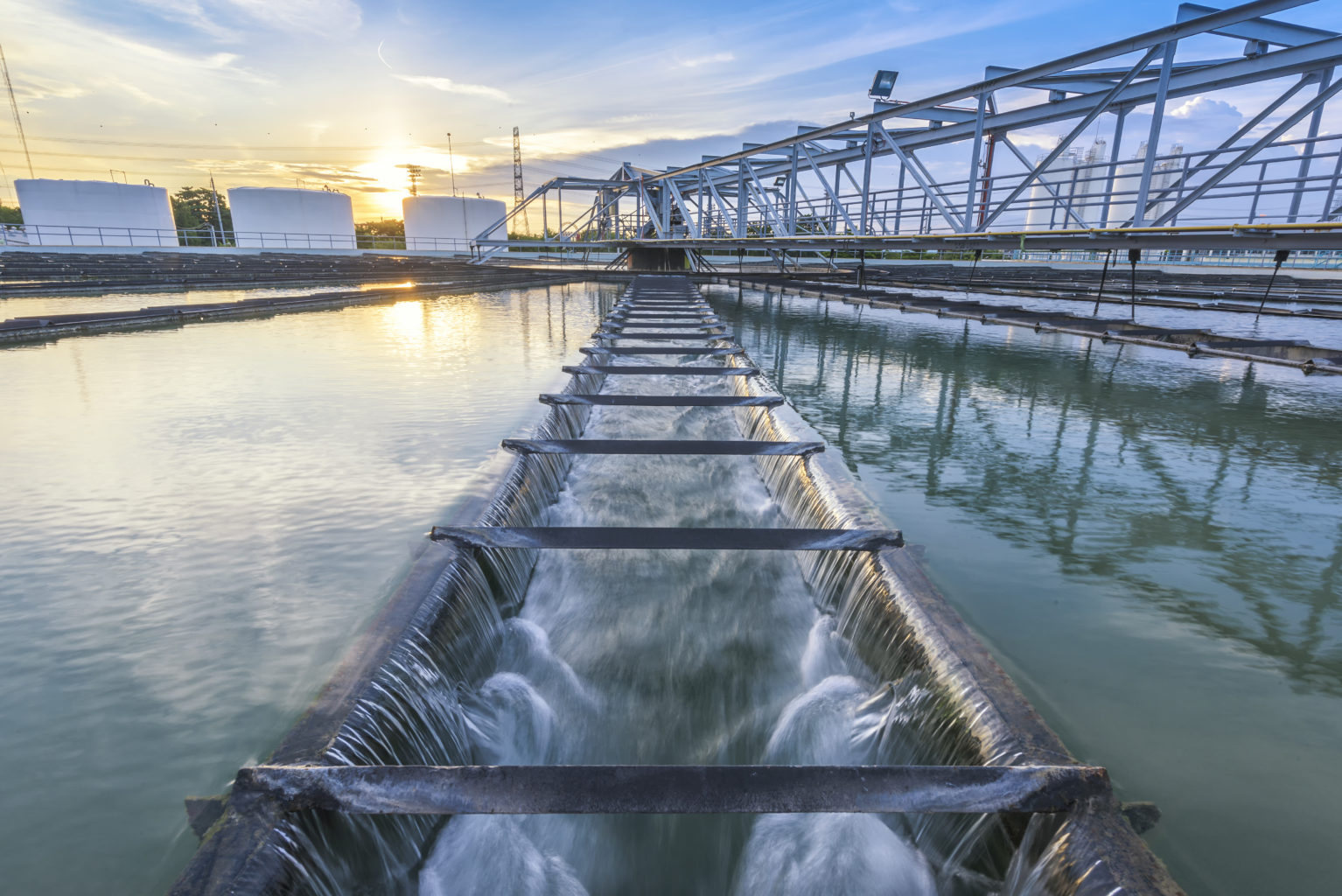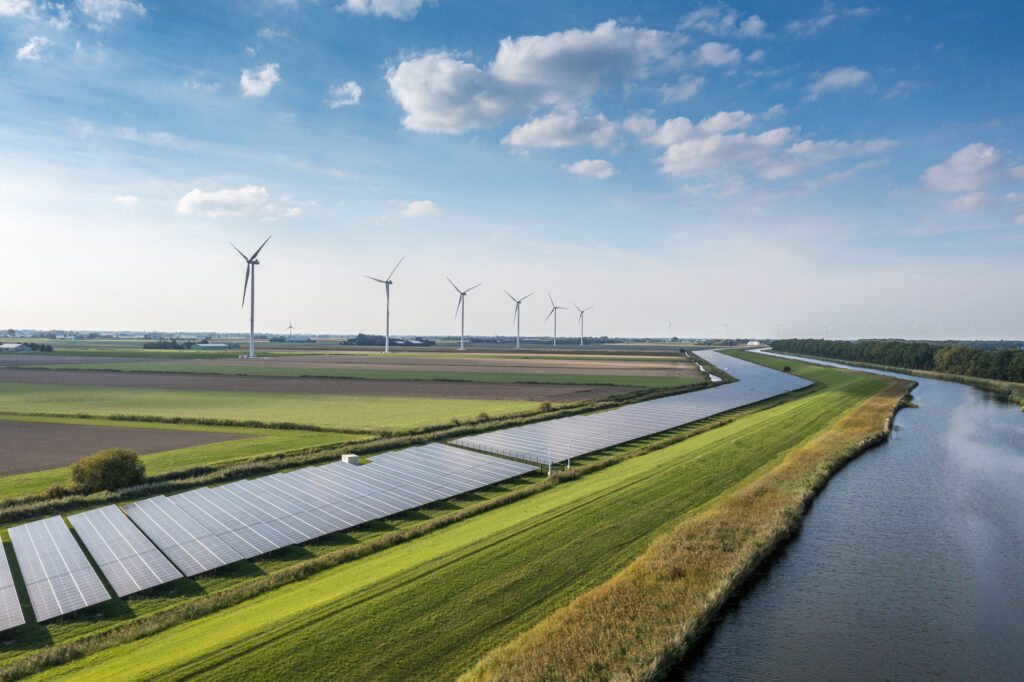Environment Secretary Steve Reed recently introduced new legislation to address water contamination and improving the efficiency of water firms.
On 4 September 2024, the Water (Special Measures) Bill was presented to parliament with the intention of increasing the financial accountability, environmental responsibility, and transparency of water businesses. The Environment Secretary is also optimistic that international investment will be drawn to the UK to revive its under-pressure water infrastructure.
What is the Water (Special Measures) Bill?
This law targets water company directors and senior executives, concentrating on those in charge of poor management and contamination. The new regulations impose harsher penalties on water corporations that contaminate rivers or conceal important information, including withholding incentives from CEOs of businesses that fail to invest in infrastructure or to adhere to environmental regulations.
This bill is raised on the back of the public disquiet at water executives being paid significant bonuses, despite the water firms themselves failing to fulfil mandatory environmental criteria. This modification aims to inspire leaders to take their obligations to the environment seriously. When water providers don’t meet the requirements, they have to take immediate action to address the issue and make changes.
What are the new statutory requirements?
All sewage outlets owned by water corporations will need to have monitors installed in order to track pollution incidents in real time. In the event that any sewage is released, the information must be made public within one hour, facilitating prompt action and public and regulatory awareness. Whilst the more proactive water companies are already able to do this, hopefully, this measure will level the playing field for all.
This is potentially a boon for the owners of waterways that these outlets discharge into. The Supreme Court recently confirmed in the case of Manchester Ship Canal Company Ltd v United Utilities Water Ltd (No. 2) that a sewerage undertaker can be liable in nuisance where they discharge sewage, even when that discharge was unavoidable due to the undertaker’s network being overwhelmed (e.g. by heavy rainfall).
If an operator is forced to publically declare their liability for such discharge, this will alert neighbouring landowners, and open further floodgates of litigation. This in turn may drain funds from network reinforcement, and potentially creating a negative feedback loop as sewerage undertakers are too busy dealing with the consequences of a network that is operating at (or above) its maximum capacity to invest the time and money required to increase that capacity.
The principal goal of this bill is to provide regulators like the Environment Agency and Ofwat more authority. With newfound power, these watchdogs will be able to take more decisive action against water firms that violate the law. However, as has been evidenced at the recent International Investment Summit, the new Labour government is also seeking to re-establish trust within the wider international finance and investment world, to try to drive further investment into the sector and thus allow additional vital investment.
What are the consequences of not complying?
Two significant modifications are the automatic fines for polluting incidents and the non-sharing of information. The proposed £300 fine cap will be raised to ensure that the consequences are severe enough to deter wrongdoing.
Criminal charges may also be brought against those who disobey the law, with heavier punishments such as up to two years in prison for executives who obstruct regulators’ investigations. Despite the rise in significant pollution events, comparatively few people have been convicted for hindering investigations thus far.
The bill facilitates regulators’ ability to take action against businesses by reducing the burden of proof from the stringent “beyond a reasonable doubt” standard to the civil requirement “on the balance of probabilities.” This modification seeks to expedite enforcement and investigations. Ofgem’s Jonathan Brearly recently expressed his desire for Ofgem to have greater powers when it comes to taking action against businesses in the gas and power sector, and the changes outlined in the bill aim to help that. This could therefore signify a shift in approach from regulators under the new Labour regime.
How will the new bill protect consumers?
By guaranteeing that all water firms will henceforth be required to operate more effectively, and in a more transparent manner, the bill also aims to safeguard the interests of consumers generally. In order to guarantee that customers’ opinions are heard, authorities will collaborate with consumer organisations such as the Consumer Council for Water, giving consumers the chance to participate in the decision-making process of water firms on matters of interest.
Communities will also be able to follow pollution occurrences and hold businesses responsible thanks to real-time monitoring of sewage outflows.
What happens next?
In the upcoming months, the bill will be discussed, and potentially amended, before it is signed into law. Some of the restrictions, like making water corporations build monitoring equipment, may go into force as early as January 2025 if the bill is passed into law. It is anticipated that more accountability and quicker responses to environmental challenges will result from this transparency.
It remains to be seen whether the new water bill alone will be adequate to lessen river pollution, given the absence of funding for the Environment Agency to monitor water quality adequately and hold all offenders accountable. Additionally, there is a chance that harsher regulations and fines levied against water corporations could backfire, inflicting financial harm that would compound debt loads, subjecting the major utilities to special administrations, and perhaps raising public water prices.
It is imperative for everyone involved that these measures are seen to be balanced and to encourage necessary investment in the sector. Maintaining equilibrium is crucial, and every action must be appropriate in size.
We’re here to help
Water companies should act now to comply with this new legislation. Our water and energy sector experts can help you navigate this tricky time.






